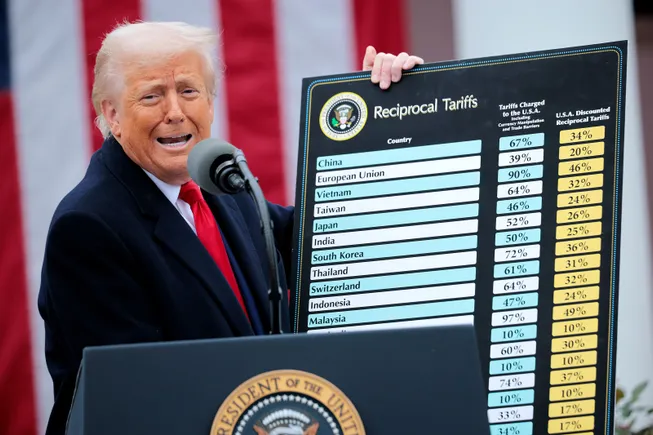The recent fluctuations in the stock market due to President Donald Trump’s tariff announcements have left many industries on edge, including the pharmaceutical sector. While the initial round of tariffs spared pharmaceutical products, the administration hinted at potential taxes on drugs made abroad, causing further uncertainty in the market.
The sudden shifts in trade policies have impacted Big Pharma companies, with shares of major players like Eli Lilly, AbbVie, Johnson & Johnson, Merck & Co., and Pfizer experiencing a decline in value. However, following the announcement of a pause on the newest round of tariffs, these companies, along with foreign drugmakers like Novo Nordisk, Novartis, AstraZeneca, and GSK, saw a resurgence in their stock prices.
Despite the temporary relief provided by the tariff pause, concerns remain about the long-term effects of the trade war on the pharmaceutical industry. Lilly CEO David Ricks expressed apprehension about the potential consequences of the tariffs, particularly on research and development activities. The uncertainty surrounding trade policies has forced companies to reevaluate their manufacturing and production strategies to mitigate the impact of potential tariffs.
While some industry leaders, like Cipla CEO Umang Vohra, believe that tariffs should not dictate business decisions, the unpredictability of the current trade climate has left many pharmaceutical companies in a state of flux. As the market continues to react to ongoing trade negotiations, the future implications of a trade war on the pharmaceutical industry remain uncertain.
In conclusion, while the recent tariff pause has provided a temporary reprieve for Big Pharma companies, the long-term effects of the trade war are yet to be fully realized. As industry players navigate through this period of uncertainty, adaptability and strategic planning will be key in weathering the storm of changing trade policies.


